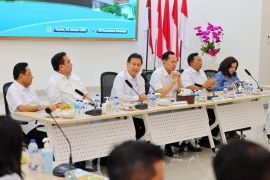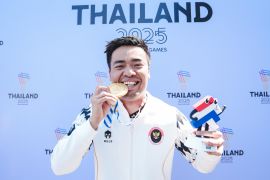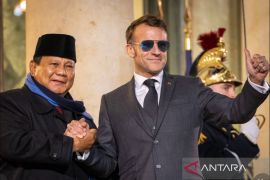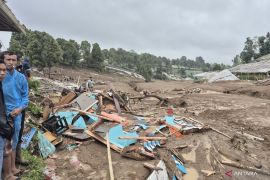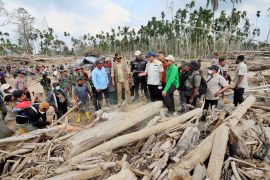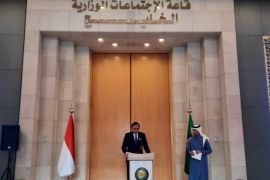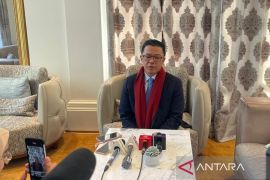This is a wonderful example of scientific collaboration between close neighbors with a common public health challenge."Jakarta (ANTARA News) - Scientists and researchers from Indonesia and Australia have been collaborating in a dengue transmission reduction project, the Australian Embassy here said on its official website on Tuesday.
Australian Ambassador to Indonesia Greg Moriarty congratulated the scientists and researchers from Indonesia and Australia involved in the project.
"This is a wonderful example of scientific collaboration between close neighbors with a common public health challenge. I hope that together with their other international partners they can reduce dengue transmission in Indonesia, Australia and around the world," Moriarty said.
Current project sites include Australia, Brazil, China, Vietnam and Indonesia.
Eliminate Dengue Indonesia was officially launched in September 2011 and is a collaboration between Yayasan Tahija, Universitas Gadjah Mada Yogyakarta and Monash University in Melbourne, Australia.
What if dengue-carrying mosquitoes are unable to pass the virus when they bite?
The international collaboration led by Professor Scott O`Neill from Monash University, Australia, is investigating whether Wolbachia can be used as an effective bio control strategy to disrupt dengue transmission to people.
Professor O'Neill is in Jakarta and Yogyakarta from 16-19 June as part of a regional visit to Vietnam, The Philippines and Indonesia.
Wolbachia is a natural bacterium present in up to 70 per cent of all the different species of insects around us but not the dengue carrying mosquito Aedes aegypti.
"When introduced into Aedes aegypti, Wolbachia acts like a vaccine which reduces the mosquitoes' ability to transmit dengue between people,"said Professor O`Neill, Lead Scientist of the Eliminate Dengue research program.
"We believe that Wolbachia based strategies represent a practical, environmentally sensitive approach to dengue suppression with the potential for area-wide implementation at low cost," he said.
The research program was established in 2005 bringing together experts from around the world with a range of skills and experience including Wolbachia genetics, mosquito biology and ecology, dengue epidemiology and control and health education and promotion.
(Tx.A014/F001)
Editor: Priyambodo RH
Copyright © ANTARA 2013




